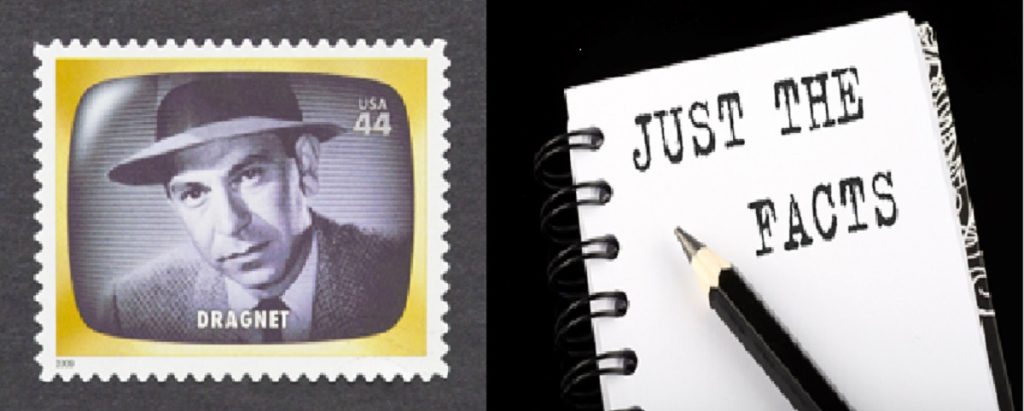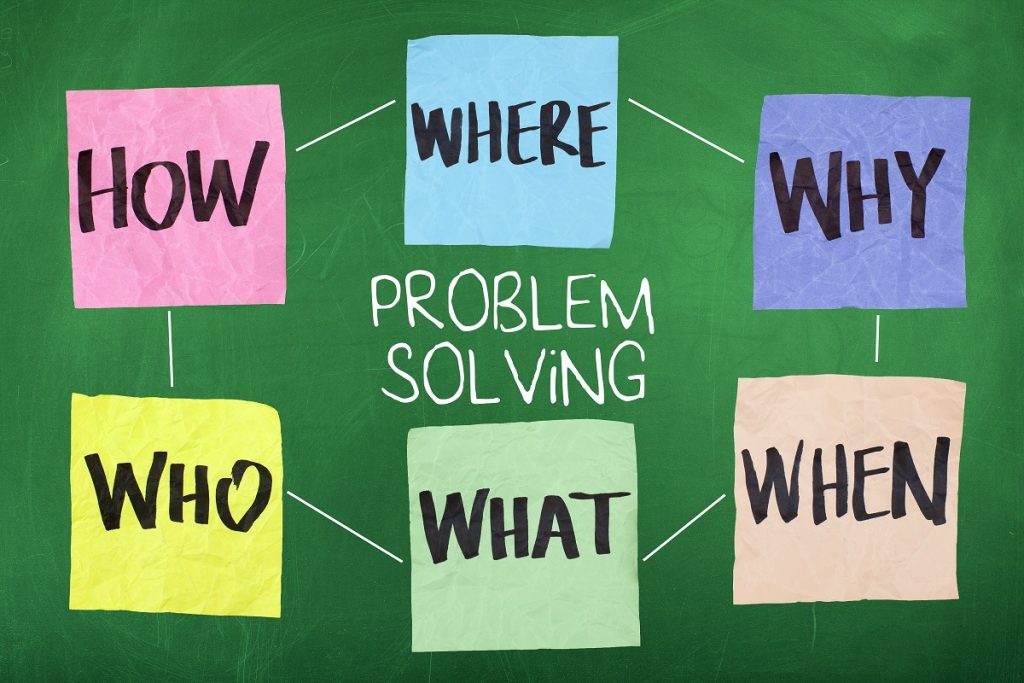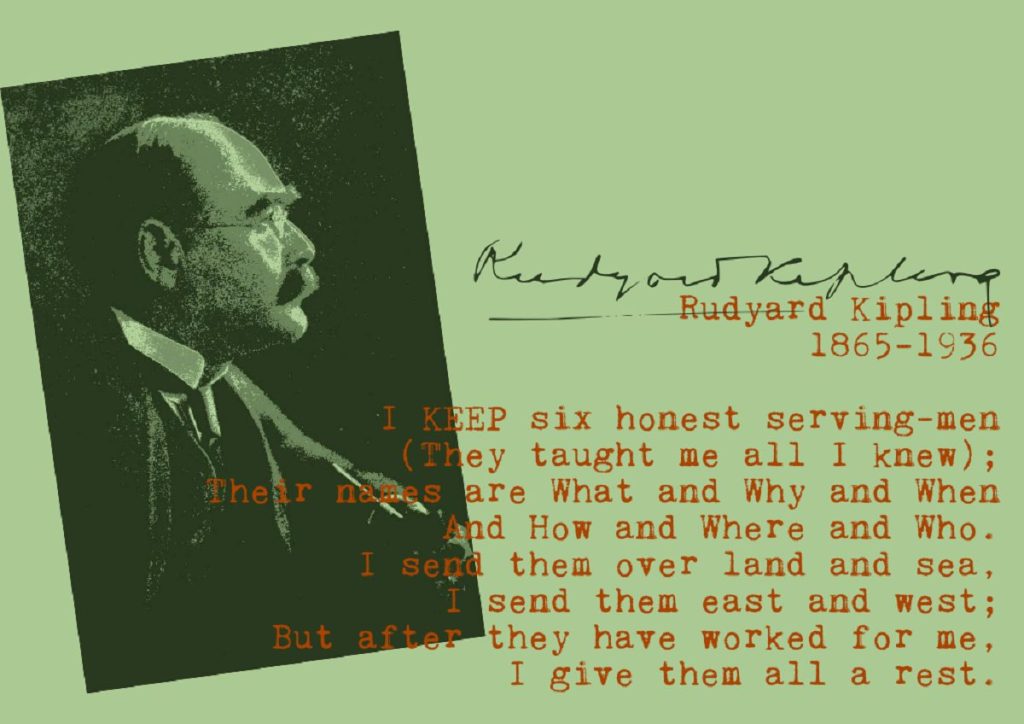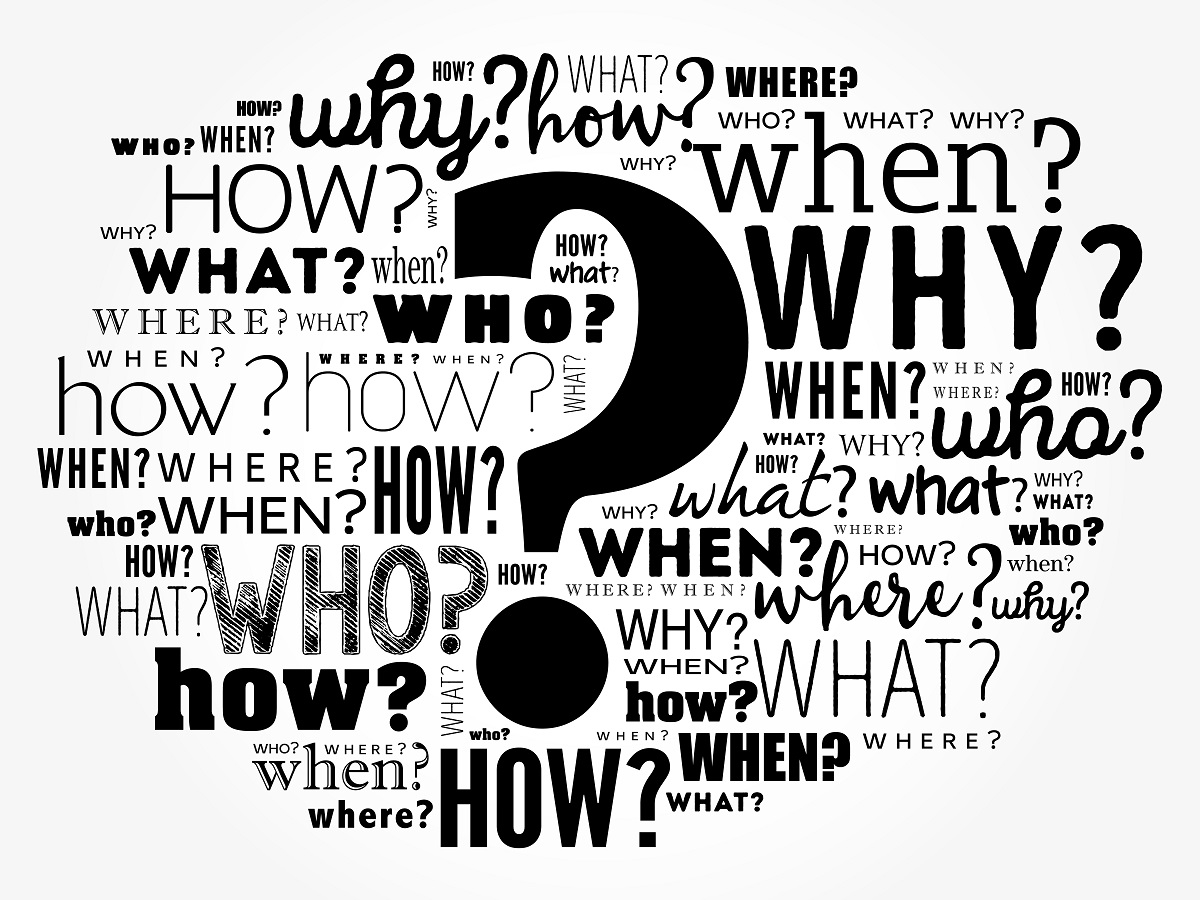The five Ws are the core of information for every newspaper story, article, research project, and even police investigation. They are factual answers to the basic questions of “Who,” “What,” “When,” “Where,” and “Why” something occurred. Smart writers and investigators will add the sixth question of “How.”
Journalists and researchers use the Five Ws of “Who,” “What,” “When,” “Where,” and “Why” to ensure that their reporting is accurate, comprehensive, and objective. They usually add “How?” The factual answers may lead to other explanations of the “why” and “how.”
This article explores each of the Five Ws in detail and shows how they are applied in different contexts to produce clear, compelling narratives.
What Do The Five Ws Stand For?
The 5 W questions – Who, What, When, Where, Why (and sometimes How – the article explains that in the following section) – are the fundamental questions people, like journalists, researchers, and investigators, use to gather information and build a complete story.
These questions serve as a framework for understanding and analyzing any event or situation. They help to uncover the essential facts, provide context and background, and identify the motivations and intentions behind actions.

What Is The Sixth H Question?
The sixth “H” question is “How,” and often sits alongside the traditional Five Ws (Who, What, When, Where, Why). While some may consider it redundant, it provides additional insight and understanding into a situation or event.
The question “How” uncovers the methods, processes, and mechanisms behind actions and explores the implications and consequences of those actions. For example, in journalism, “How” reveals the steps taken to execute a crime. In a scientific study, the question “How” provides insight into the mechanisms of a disease or treatment.
Why Are The Five Ws (+ H) Useful In Problem-Solving?
The Five Ws (Who, What, When, Where, Why) (and sometimes How) aid problem-solving by providing structured approaches to gathering information about a problem or situation. By asking these questions, we uncover the essential facts, understand the context and background, and identify the motivations and intentions behind actions.
When faced with a problem, it is often easy to jump to conclusions or make assumptions without having all the relevant information. The Five Ws provide a systematic way for learners to gather data and analyze a situation, allowing us to make informed decisions based on evidence rather than speculation.
Moreover, the Five Ws identify the root cause of a problem. Understanding who was involved, what happened, when and where, and why and how. It also provides insights into the underlying issues and factors contributing to the problem.

What Are Some Five W And H Question Examples?
These are six important questions journalists and researchers use to gather information. Here are some example questions:
- Who is the prime minister of Canada?
- What is the capital of Thailand?
- Where did the Olympic Games take place in 2021?
- When did the American Civil War begin?
- Why did the Titanic sink?
- How does photosynthesis work?
What Is The History Of The 5Ws and H?
Here is a brief history of the 5 Ws and H:
- The concept of the 5 Ws and H can be traced back to ancient Greece, where they were known as “the five interrogatives” used in rhetoric and logic.
- In the 17th century, Francis Bacon, an English philosopher and scientist, emphasized the importance of asking questions and gathering evidence in his book Novum Organum.
- In the late 19th century, journalists commonly used the 5 Ws (Who, What, Where, When, and Why) to report news stories.
- The addition of the H (How) is attributed to Rudyard Kipling, a British author, who wrote a poem in 1902 titled “I Keep Six Honest Serving-Men.” This poem included the six questions: “I keep six honest serving men (They taught me all I knew); Their names are What and Why and When And How and Where and Who.”
- Since then, the 5 Ws and H have become widely recognized in journalism, investigation, research, and problem-solving. These reporter’s questions help people gather information, analyze facts, and communicate effectively.

Where Should These Questions Be Used?
The 5 Ws and H questions are used in various contexts where information gathering and analysis are essential. Here are some examples of where the 5 Ws and H questions are applied:
- News reporting: Journalists use the 5 Ws and H to cover breaking news, events, and stories by asking relevant questions to gather and verify the information.
- Detectives, researchers, and lawyers use the 5 Ws and H to solve crimes, uncover facts, and build a case by analyzing evidence.
- Problem-solving: Engineers, designers, and project managers use the 5 Ws and H to define problems, identify causes, and find solutions by testing hypotheses.
- Managers, executives, and policymakers use the 5 Ws and H to make informed decisions by analyzing options, evaluating risks, and predicting outcomes.
- Students, teachers, and researchers use the 5 Ws and H to acquire knowledge, explore ideas, and research by gathering and analyzing data.
Using the 5 Ws and H Questions Effectively
The 5 Ws and H questions provide a template for gathering information and answering questions. These interrogative words are useful tools for stakeholders in various roles, including reporters, researchers, product managers, event planners, and educators. They clarify facts, understand causes and effects, and communicate with their audiences.
The questions enhance teaching English and language arts or ELA skills, plan events, and create personas.
For reporters, the 5 Ws and H questions are the foundation of their newspaper articles as they help journalists gather facts, verify sources, and convey information to their readers.

